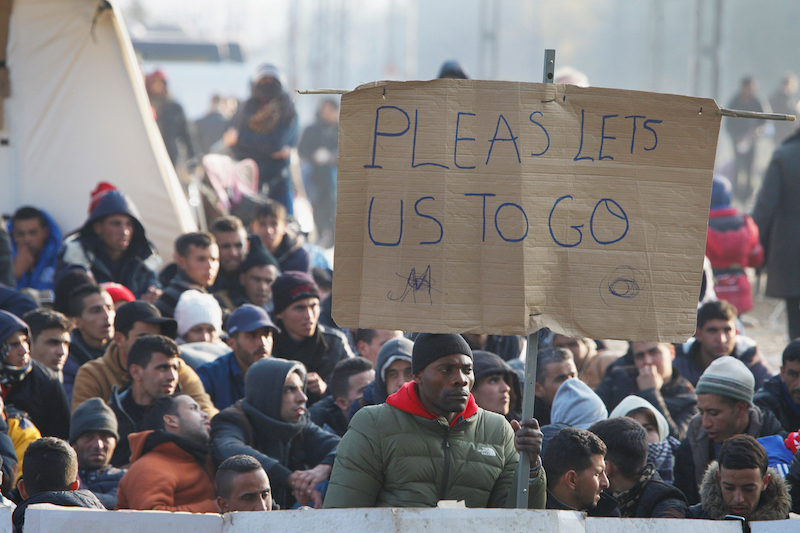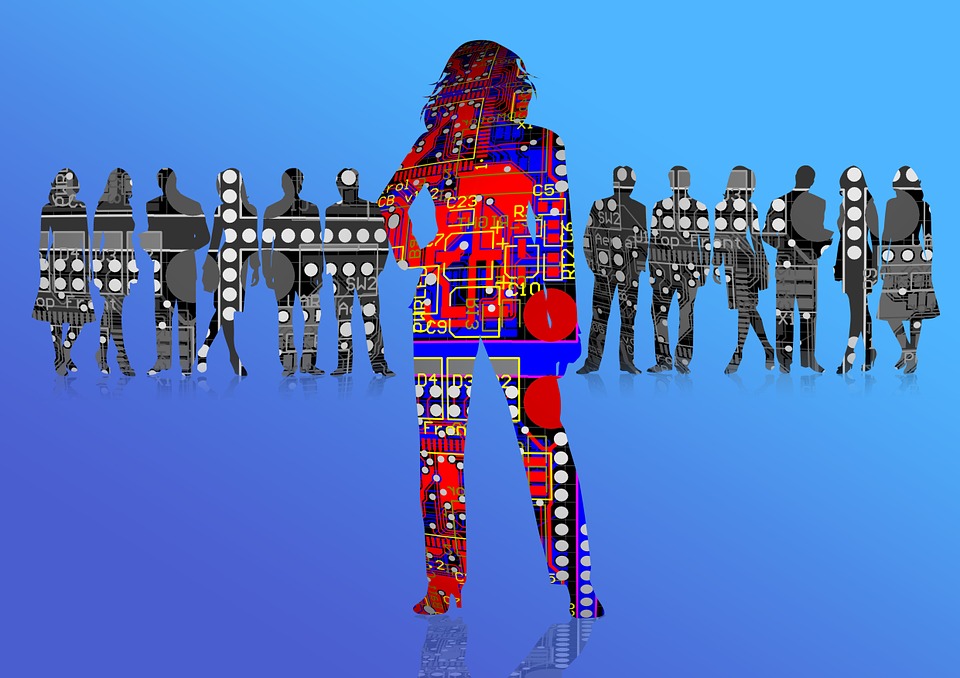Supporting the migration and resettlement of refugees is intrinsically connected to the protection of human rights and preserving dignity. In most cases, refugees are looking for a new beginning, where they can live free of persecution, and like any family starting anew, they will likely need some financial assets as they integrate into a new society. Early in 2016, after major efforts were made to support incoming Syrian refugees, various countries in Europe raised concern as they introduced the practice of seizing goods from refugees, in order to help cover the costs of their resettlement.
In Bavaria, Germany, financial and other material goods such as jewelry are being confiscated if their value is equal to approximately USD $1,150. The goal here is to use the existing wealth of refugees and asylum seekers before tapping into government resources/financial aid. In addition, in February 2016 the Danish government passed legislation that allowed for the search and seizure of assets upon arrival, in order to cover resettlement expenses such as housing. Authorities can confiscate goods valuing approximately USD $1,450, such as cash, cell phones and computers. It looks as if the Danish government has made it a point to treat people equally as opposed to equitably, as a similar principle is employed when providing unemployment benefits to Danish citizens. However, it is important to understand that the needs of refugees are drastically different from the needs of citizens who require social benefits.
According to the BBC, some politicians viewed the passing of this legislation as a move to discourage refugee resettlement in Denmark, as immigration was an area of concern to citizens. In June 2016, the legislation came to life as five asylum seekers carrying illegitimate documentation were arrested and made to surrender their cash and valuables. Although these changes to their immigration system are in full effect, the Danish government faced harsh criticism from many including the United Nations, who highlighted human rights concerns. The UNCHR has also expressed concern around increased fear and xenophobia as a result of this.
In Switzerland, authorities now confiscate monetary goods and other assets worth approximately USD $1300 from incoming refugees. Like Germany and Denmark, the objective is to have refugees contribute to their resettlement costs if they physically have the means to do so. However, Swiss authorities are only able to confiscate cash and goods that refugees have declared, as opposed to Denmark, where authorities can directly search refugees. This policy does not impact all refugees, as many come with assets that are worth much less than the amount required for seizure. For example, the Swiss government reported that this practice impacted only 112 of 45,000 refugees in the last year.
In conclusion, although this policy may seem reasonable in the eyes of these European governments and associated taxpayers, in the wake of such a controversial policy move, it’s important to consider the true impact on refugee communities. According to the New Statesman, refugees can eventually make meaningful contributions to local economies, and allowing them to maintain possession of their assets might reduce their reliance on welfare type support in the future. Furthermore, in the case of Denmark where citizens and refugees are treated equally in terms of receiving social support, it is noted that refugees face unique challenges such as language barriers, cultural differences and issues around social networks that Danish natives may not encounter. Overall, the need for equitable treatment is absolutely clear, especially considering that many refugees come from situations where their human rights already have been violated.
Photo: Refugees at the Greece-Macedonia border (2015), by Steve Evans via Flickr. Licensed under CC BY-NC 2.0.
Disclaimer: Any views or opinions expressed in articles are solely those of the authors and do not necessarily represent the views of the NATO Association of Canada.




